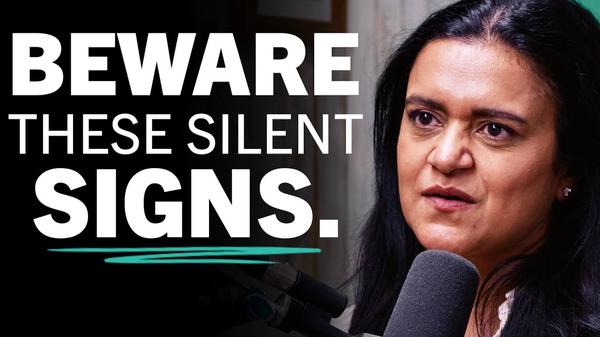Improve your decision-making, frameworks for learning, backcasting, and more | Annie Duke
Peter Attia
Sep 2, 2024
Mindsip insights from this episode:
Backcast your centenarian olympics to shape your fitness plan today
To prepare for old age, define the physical tasks you want to perform at 100—your "Centenarian Olympics"—and work backward to create your fitness plan for today.
Utilize poker as a model for real-world decision-making
Poker is a better model for real-world decisions than chess because it involves incomplete information and a strong influence of luck.
Determine skill through intentional loss in activities
A simple test to determine if an activity involves skill is to ask if you can intentionally lose on purpose while still following the rules.
Quit negative-value activities to seize better opportunities
We should be encouraged to quit things with a negative expected value quickly, as sticking with them has a huge opportunity cost.
Analyze wins to avoid dangerous learning traps
The most dangerous learning trap is getting a good outcome from a bad decision, because we rarely analyze our wins, which reinforces poor processes.
Shift focus from bad outcomes to learning from unexpected successes
By only analyzing bad outcomes, like in medical morbidity conferences, we reinforce risk aversion and miss the learning opportunities from unexpected successes.
Analyze successful outcomes for improved decision-making processes
The highest level of decision-making involves analyzing even your successful outcomes to see if there was a better process you could have used.
Conduct pre-mortems to anticipate bad luck in projects
The exercise of a "pre-mortem," where you imagine a project has failed, forces you to consider the role of bad luck and plan for it.
More from
Peter Attia
AMA #78: Longevity interventions, exercise, diagnostic screening, and managing high apoB, hypertension, metabolic health, and more
Ketogenic diet, ketosis & hyperbaric oxygen: metabolic therapies for weight loss, cognition, Alzheimer's & more | Dom D'Agostino, Ph.D.
The evolutionary biology of testosterone: how it shapes male development and sex-based behavioral differences, | Carole Hooven, Ph.D.
The impact of gratitude, serving others, embracing mortality, and living intentionally | Walter Green (#288 rebroadcast)
Thyroid function and hypothyroidism: why current diagnosis and treatment fall short for many, and how new approaches are transforming care | Antonio Bianco, M.D., Ph.D.
You also might be interested in
The Hidden Damage That Happens "Behind-The-Scenes" In The Adult Entertainment Industry, With Former Adult Actress Felicity Feline
How to Set & Achieve Goals | Huberman Lab Essentials
The Science of Erotic Altered States | Biohacking Sex
Neuroscientist: If You’re Feeling THIS, You’ve Lost Touch With Your True Self
Neuroscientist: If You Feel THIS, You're Living the Wrong Life (Unlock The One You're Meant For)










